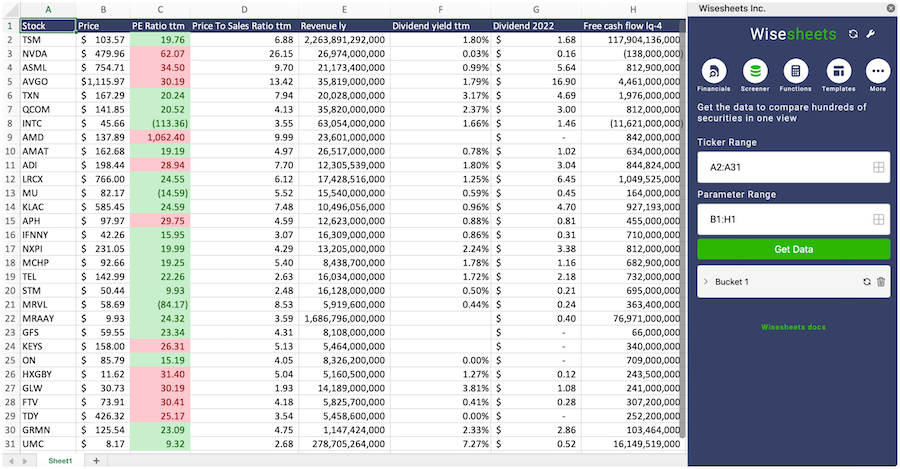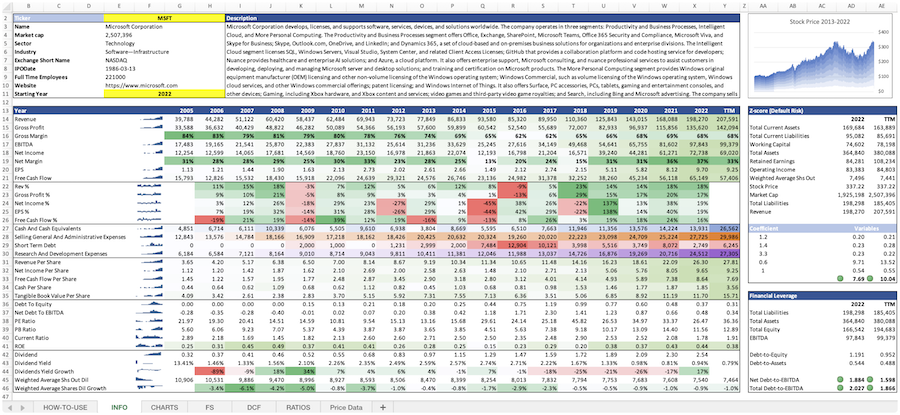NuVim, Inc.
NUVM
Price:
$0.0059
Market Cap:
$518.53K
NuVim, Inc. engages in the production, marketing, and distribution of beverage products in the United States. It offers refrigerated dietary supplement beverages in various flavors, including strawberry, vanilla, orange tangerine, and fruit symphony; shelf stable beverages; powdered supplements in vanilla, chocolate, and strawberry flavors; and natural teas and lemonade, such as black tea with lemon, green tea with citrus, and lemonade. The company offers its products under the NuVim and Fruit Symphony names through distributors, supermarkets, and convenience stores, as well as other chains that carry limited items not served by refrigerated distributors. NuVim, Inc. was founded in 1999 and ...[Read more]
Industry
Packaged Foods
IPO Date
2005-07-27
Stock Exchange
OTC
Ticker
NUVM
PE Ratio
[-0.59]
ROE
[50.95%]
Current Ratio
[0.09]
Dividend Yield
[0%]
Enterprise Value
[550.59K]
Dividend History
The PE Ratio as of January 2026 (TTM) for NuVim, Inc. (NUVM) is -0.59
According to NuVim, Inc.’s latest financial reports and current stock price. The company's current PE Ratio is -0.59. This represents a change of -97.69% compared to the average of -25.56 of the last 4 quarters.
NuVim, Inc. (NUVM) Historical PE Ratio (quarterly & annually)
How has NUVM PE Ratio performed in the past?
The mean historical PE Ratio of NuVim, Inc. over the last ten years is -27.56. The current -0.59 PE Ratio has changed 114.06% with respect to the historical average. Over the past ten years (40 quarters), NUVM's PE Ratio was at its highest in in the December 2004 quarter at 0. The PE Ratio was at its lowest in in the September 2021 quarter at -125.43.
Average
-27.56
Median
-21.25
Minimum
-63.25
Maximum
-2.43
NuVim, Inc. (NUVM) PE Ratio by Quarter and Year
Discovering the peaks and valleys of NuVim, Inc. PE Ratio, unveiling quarterly and yearly fluctuations to gain insights into the company’s financial performance and market dynamics, offering valuable data for investors and analysts alike.
Maximum Annual Increase = 202.13%
Maximum Annual PE Ratio = -2.43
Minimum Annual Increase = -67.65%
Minimum Annual PE Ratio = -63.25
| Year | PE Ratio | Change |
|---|---|---|
| 2024 | -19.83 | 19.94% |
| 2023 | -16.53 | -67.65% |
| 2022 | -51.11 | -19.20% |
| 2021 | -63.25 | 46.28% |
| 2020 | -43.24 | 34.23% |
| 2019 | -32.21 | 42.07% |
| 2018 | -22.68 | 31.77% |
| 2017 | -17.21 | 141.14% |
| 2016 | -7.14 | 193.31% |
| 2007 | -2.43 | 202.13% |
NuVim, Inc. (NUVM) Average PE Ratio
How has NUVM PE Ratio performed in the past?
The current PE Ratio of NuVim, Inc. (NUVM) is greater than its 3-year, greater than its 5-year, and greater than its 10-year historical averages
3-year avg
-29.16
5-year avg
-38.79
10-year avg
-27.56
NuVim, Inc. (NUVM) PE Ratio vs. Peers
How is NUVM’s PE Ratio compared to its peers?
NuVim, Inc.’s PE Ratio is less than Steakholder Foods Ltd. (-0.32), greater than Branded Legacy Inc (-1.03), less than Bell Buckle Holdings, Inc. (-0.00), less than Amincor, Inc. (0.67), less than Cult Food Science Corp. (-0.10), less than Boosh Plant-Based Brands Inc. (-0.02), greater than Da Zhong Trading Group Holding Company (-4.83), less than Alkame Holdings, Inc. (1.05), greater than Affinor Growers Inc. (-1.87),
| Company | PE Ratio | Market cap |
|---|---|---|
| -0.32 | $1.14M | |
| -1.03 | $813.93K | |
| -0.00 | $782.91K | |
| 0.67 | $15.41K | |
| -0.10 | $403.20K | |
| -0.02 | $729.31K | |
| -4.83 | $2.78M | |
| 1.05 | $864.64K | |
| -1.87 | $966.22K |
Build a custom stock screener for NuVim, Inc. (NUVM) and other stocks
One of the best ways to find valuable stocks to invest in is to build a custom made screener in your Excel or Google Sheets spreadsheet. This allows you to compare thousands of companies like NuVim, Inc. using the financials and key metrics that matter to you in a single view.
The easiest way to set this up is to use the Wisesheets add-on and set your spreadsheet like this:
Covering all these metrics from financial, data, dividend data, key metrics and more you can get all the data you want for over 50+ exchanges worldwide.
Get your free trial here.
NuVim, Inc. (NUVM) and other stocks custom spreadsheet templates
The easiest way to analyze a company like NuVim, Inc. or any others is to create a spreadsheet model that automatically retrieves all of the stock data you need.
Using Wisesheets you can set up a spreadsheet model like this with simple spreadsheet formulas. If you change the ticker you can get all of the data automatically updated for you.
Whether you need live data, historical price data, financials, dividend data, key metrics, analyst estimates, or anything else...Wisesheets has you covered.
Frequently asked questions❓
What is the PE Ratio?
How can you use the PE Ratio?
What is NuVim, Inc.'s PE Ratio?
How is the PE Ratio calculated for NuVim, Inc. (NUVM)?
What is the highest PE Ratio for NuVim, Inc. (NUVM)?
What is the 3-year average PE Ratio for NuVim, Inc. (NUVM)?
What is the 5-year average PE Ratio for NuVim, Inc. (NUVM)?
How does the current PE Ratio for NuVim, Inc. (NUVM) compare to its historical average?

